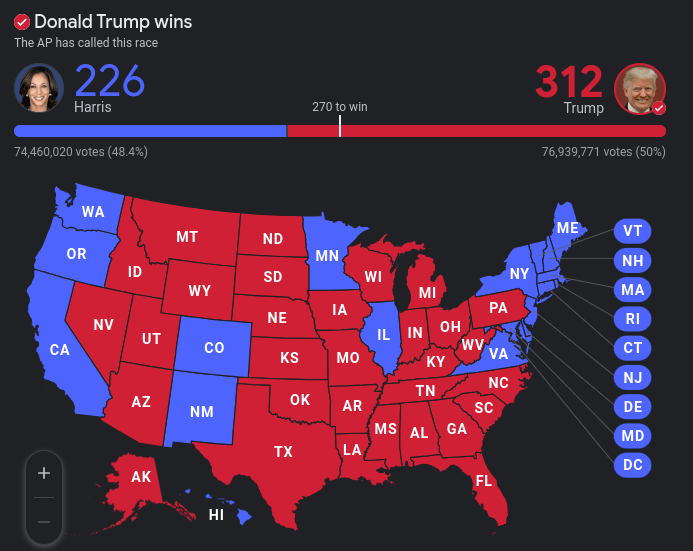Dreams have been interpreted for thousands of years. To the Hebrews, dreams were visions from God. To the Egyptians, dreams were a way to meet the gods. Many religions believe dreams are visions or have a divine meaning.
However, psychologists from different backgrounds disagree about the meaning of dreams. Freudians would argue that dreams represent reality. According to the Freudian theory humans can interpret symbols in dreams as part of reality. Freud theorized that wish fulfillment is a major part of the dream process. Others would deny such a strong connection but recognize a link to reality.
Mr. Scott Sommer, a psychology teacher at Bingham, agrees with the latter
“They have some connection to waking reality, but are not totally pertinent. Most dreams are anxiety based. Meaning some big event is coming up and it takes on anxiety in a dream,” said Sommer.
Still others, like Professor Hobson of Harvard, say that dreams have no relation to reality, they are just the mind sorting out information.
Despite dissension, psychologists do agree that keeping a dream journal can help sort out dreams. By writing down recurring themes and events it is possible to identify patterns, places and people in dreams.
“The psychology people would say to write it down. See what connection they have to reality. Write it down and think about it. Are there big events looming? Some dreams don’t mean anything at all. You’re your own best person to figure it out,” explained Sommer.
Déjà vu is another process that troubles dreamers. By experiencing situations similar to their dreams, people deduce that it was an experience from another life or something similar to that. While some attribute it to mysticism, scientists attribute it to memory cues.
“In real life people feel like they’ve been some place [before]. There are things that are memory cues that are stored subconsciously. People go to a new place and feel like they’ve been there because it is similar,” said Sommer.
By theory, people can feel like they’ve experienced something before when they actually haven’t. Similar sensory experiences trigger memories from previous dreams.
Studies by neuroscientist Susumu Tonegawa showed that mice without the dentate gyrus, which notes sensory experiences in the brain, confused similar looking places. Tonegawa hypothesized that if this doesn’t function properly it can cause memory confusion. This occurs in people who are aging as well as those with Alzheimer’s.
According to Sommer, dreams can be affected by daily experiences. Dreams can occur in commonplace settings like a hometown or a school building.


![Photo Credit; Miller, Kim. “City of Asheville prepares for a weekend of winter weather.” City of Asheville prepares for a weekend of winter weather [Ashville], 10 February 2023, https://www.ashevillenc.gov/news/city-of-asheville-prepares-for-a-weekend-of-winter-weather/. Accessed 06 January 2025.](https://binghamprospector.org/wp-content/uploads/2025/01/Screenshot-2025-01-14-7.54.38-AM.png)


